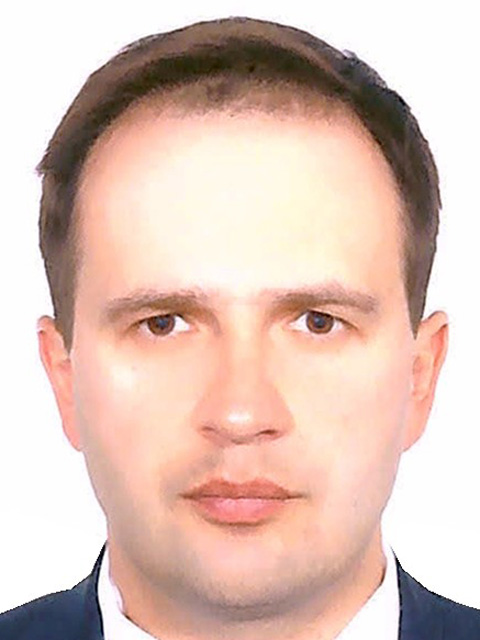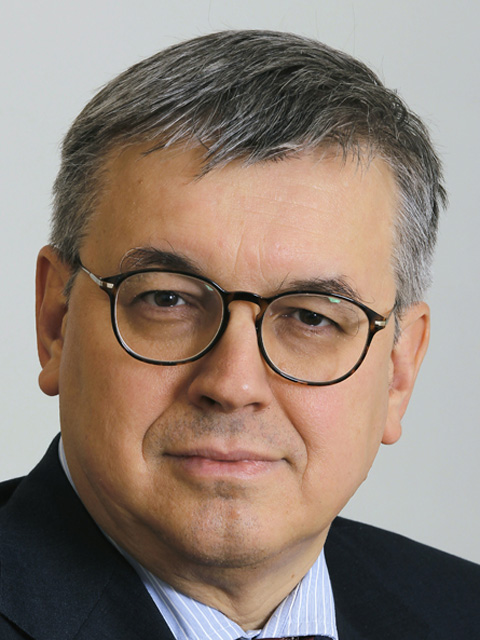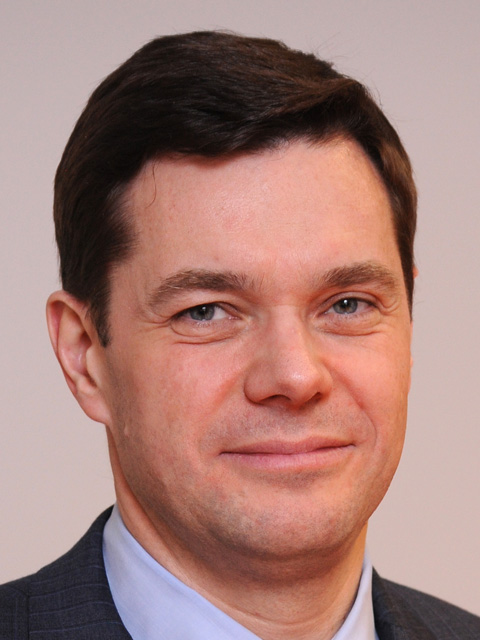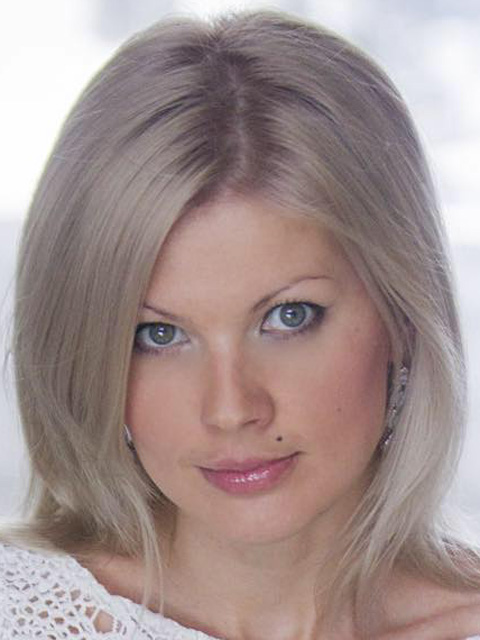Ready or Not – the Coming Revolution in Education
Technology and digitalization are going to fundamentally reshape the approach to education over the coming two decades, challenging institutions, businesses, and economies to get ahead of the curve. Students will be able to increasingly take advantage of personal learning tools and have more choice, curricula will place greater emphasis on project-based field experience, and teaching will become more about mentoring and shepherding students through a jungle of information. What educational institutions and societies are already demonstrating leadership in creating student ownership of digitally integrated approaches to education? And how will such approaches impact the future of employment and economic competitiveness?
Moderator:
Isak Froumin ,
Academic Supervisor, Institute of Education, National Research University Higher School of Economics
Panellists
Esko Aho ,
Prime Minister of Finland (1991–1995); Executive Chairman of the Board, East Office of Finnish Industries
Olga Vasilyeva ,
Minister of Education and Science of the Russian Federation
Andrei Volkov ,
Academic policy advisor, Moscow School of Management SKOLKOVO
Olga Golodets ,
Deputy Prime Minister of the Russian Federation
Pavel Kadochnikov ,
President, Center for Strategic Research Foundation
Yaroslav Kuzminov ,
Rector, National Research University Higher School of Economics
Shiv Vikram Khemka ,
Vice Chairman, SUN Group
Alexey Mordashov ,
Chairman of the Board of Directors, Severstal
Marina Rakova ,
Chief Executive Officer, Federal State Autonomous Institution "Russian Foundation for Educational Development"
Vladimir Uzun ,
President, Prosveshcheniye














